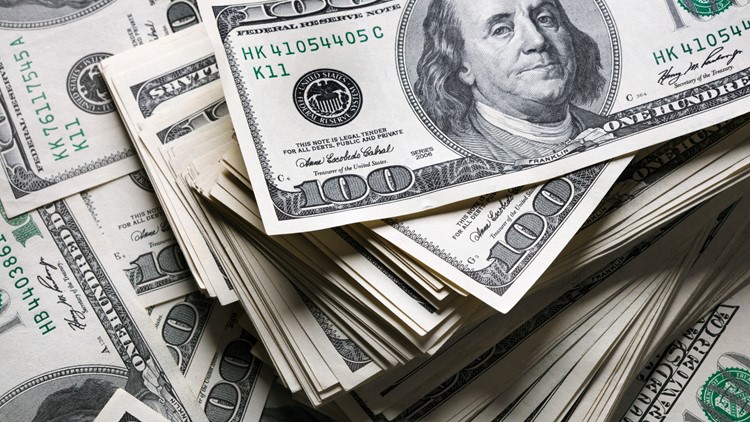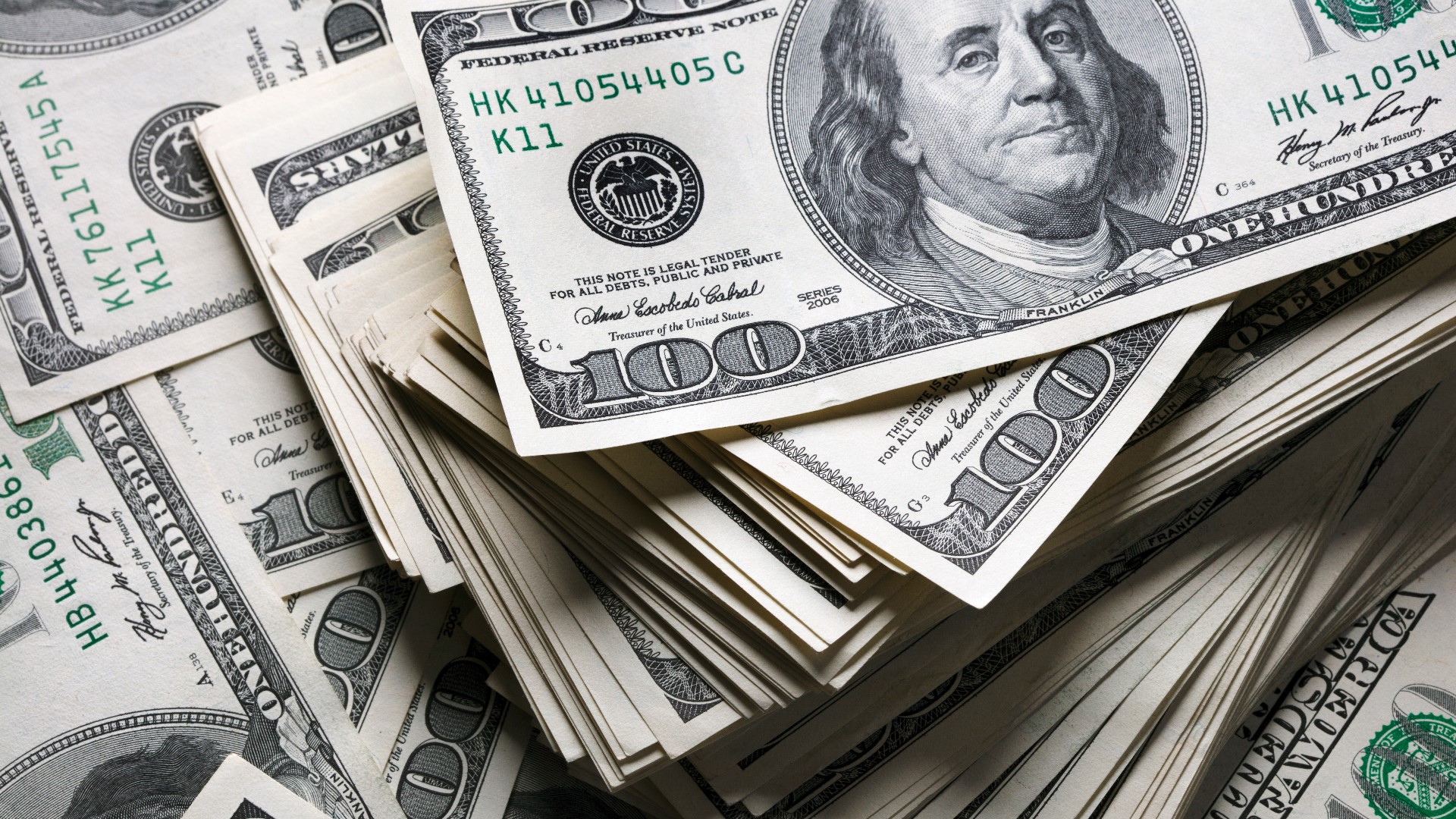The first round of federal relief checks was set to be processed Thursday as part of the federal response to the coronavirus. And scammers are hoping to cash in on them.
The first payout is estimated to cover at least 50 million Americans. You can expect scam artists to try to take advantage of them, says officials with the Federal Trade Commission.
"The retirees are particularly the people we are going to see scam artists go after," said Zachary Keller, a Dallas-based attorney for the FTC.
The 3 most common stimulus check scams we can expect to see:
1. Fake checks
Consumers will get a check in the mail that looks official but it's actually a fake check.
"We've seen that scam a lot and it is the most damaging because people can get put out a lot of money," Keller said.
Here's how the scam works.
Consumers cash the check and while their bank is processing it they'll receive a call or a message from the sender.
The scammer "will say, 'We sent you too much money. You need to transfer a certain amount of money back to us or else we will take action against you,'" Keller said.
The check that was mailed to you will eventually bounce. But If you've already transferred money back to the scammer, you'll likely be on the hook for that amount.
2. Advance Fees
Consumers will receive a message saying they need to pay an advance fee in order to get their stimulus checks.
"You will never need to pay money to get your check. So anytime someone is asking you for an upfront payment, that is a scam," Keller said.
3. Phishing Attempts
"This is the type of scam where we see people most commonly victimized. In fact, this one is all over the place already," Keller said.
Here's how it works.
Consumers will receive a text or e-mail message telling them to click on a link to get their stimulus check. The link may infect your computer with a virus or it will ask you to enter banking or personal information.
"Many of these scamsters will be posing as someone who works for the IRS or the Treasury," Keller said. "You will never have a situation where the government is asking you for this type of information."
What you need to know
The government will not ask you to pay anything upfront to get your COVID-19 relief money. No one can expedite your check for you.
The government will not call or e-mail you to ask for your Social Security number, bank account, or credit card number. You do not need to "sign up" to receive your stimulus check.
Anyone who asks you to do these things is likely a scammer.
So how will the government contact me about my relief check?
The details are still being ironed out but Keller says the IRS will be sending consumers their stimulus rebates as part of their normal tax returns.
"That's why the government will not ask for any information because it will be part of their normal integrated tax return process," Keller said.
Report scams
You can report suspicious claims or questionable practices to the Federal Trade Commission at ftc.gov/complaint.
Keep up with the latest scams by signing up forSign up for the FTC’s Consumer Alerts at ftc.gov/subscribe.
More on WFAA:
- It will be a while before North Texas reopens, but a plan is being mapped out
- Regional banks already distributing ‘Paycheck Protection’ funds to small businesses
- Executive order regarding Texas businesses reopening could be coming next week, Gov. Greg Abbott says
- MAP: These are the confirmed COVID-19 cases in the Dallas-Fort Worth area




